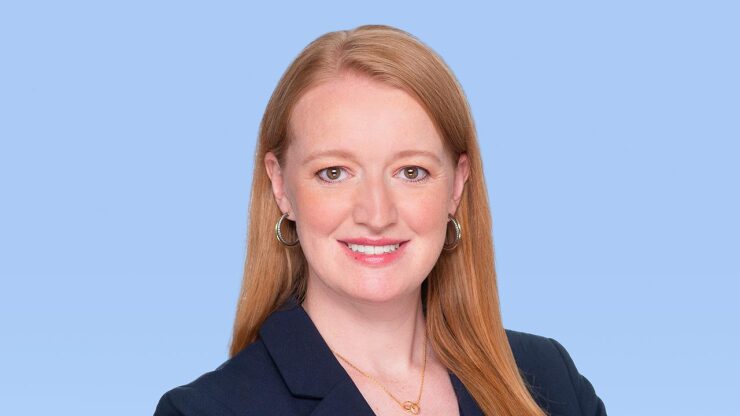
The biggest initial public offering of 2023 — chipmaker ARM's September debut on Nasdaq, which valued the U.K.-based company at $54.5 billion — marked a memorable day for investment banker Jessica Payne, who advised ARM, a unit of Softbank, on the deal.
"Going down to the stock exchange, watching it happen live, going out into Times Square and taking all the photos, all the hype around it," she recalled. "It was a really great day."
Payne, a Long Island, New York, native, earned her MIT engineering degree at a time when Wall Street beckoned: "That was the hottest career going when I graduated" in 2006, she said. Recruited into Citi's analyst class, she moved to New York City and spent three years learning about the dealmaking process. What she enjoyed was both the problem-solving and "quant aspects'' of the job, as well as the relationship-building "human aspects," she said.
During the financial crisis, she headed to Harvard Business School, an experience she recommends for the network students can access while there and afterward. While many young bankers use an MBA as a way to move into a different career path on Wall Street or to switch to a new industry entirely, Payne was eager to go back to investment banking. "I felt my experiences in business school underscored the things I liked about banking and finance."
After graduating in 2011, Payne returned to Citi, working in the investment bank's consumer retail group in New York. Then she requested a move overseas, looking for a challenge. In 2013, Payne transferred to the bank's London office, spending two years in the U.K.; the oldest of her three young children was born there.
In her new location, Payne also vaulted into Citi's technology, media and telecom group, the industry vertical where she continues to work. Next she moved to a boutique tech investment bank, CODE Advisors, and in 2018 was hired at merchant bank Raine Group, which has both advisory and investment arms. Promoted to her current role in January 2021, Payne continues to work on deals with Softbank, as well as on transactions involving AI, data centers, automation and robotics.
One of the lessons she's learned in her career so far, she said, is that preparation is key for bankers at all levels, even if it doesn't seem that way for junior employees.
"It can be easy to look at very senior people and it looks so effortless when they're in action, but in my experience it takes a lot to come off looking effortless," she said. "I want to encourage people who are new to the profession, just because you feel you don't know everything and you have to do that preparation and research, that's absolutely par for the course."





